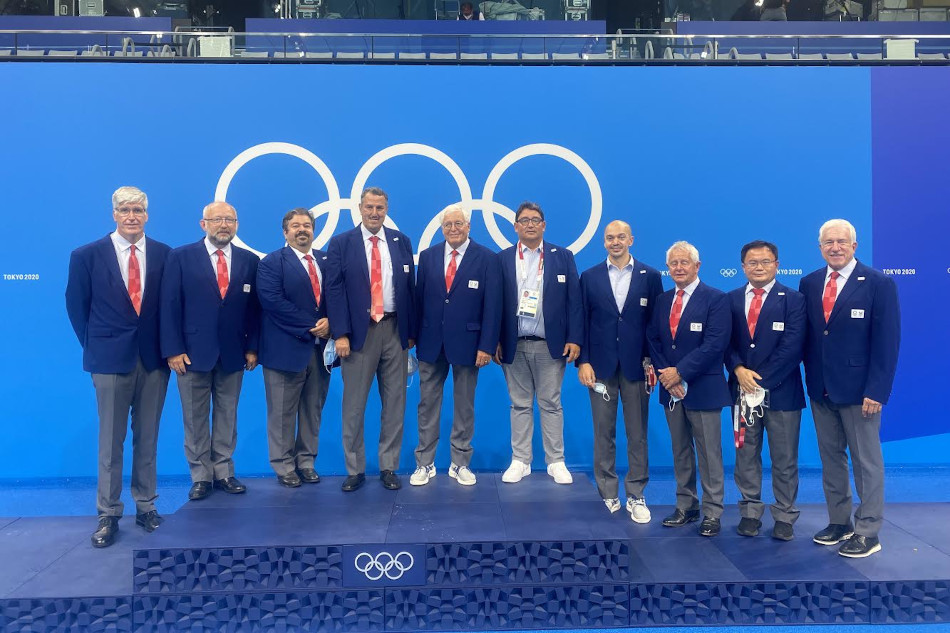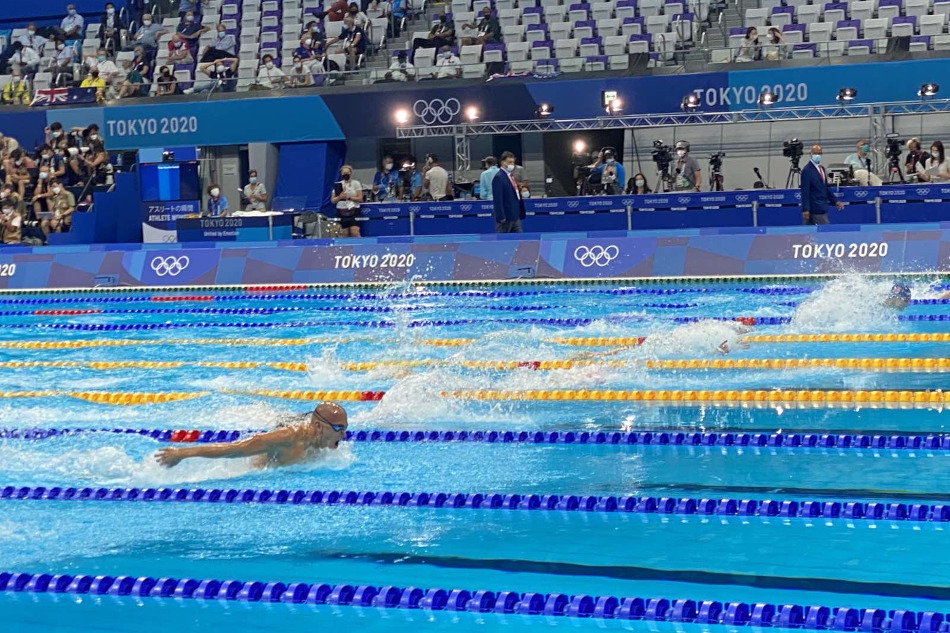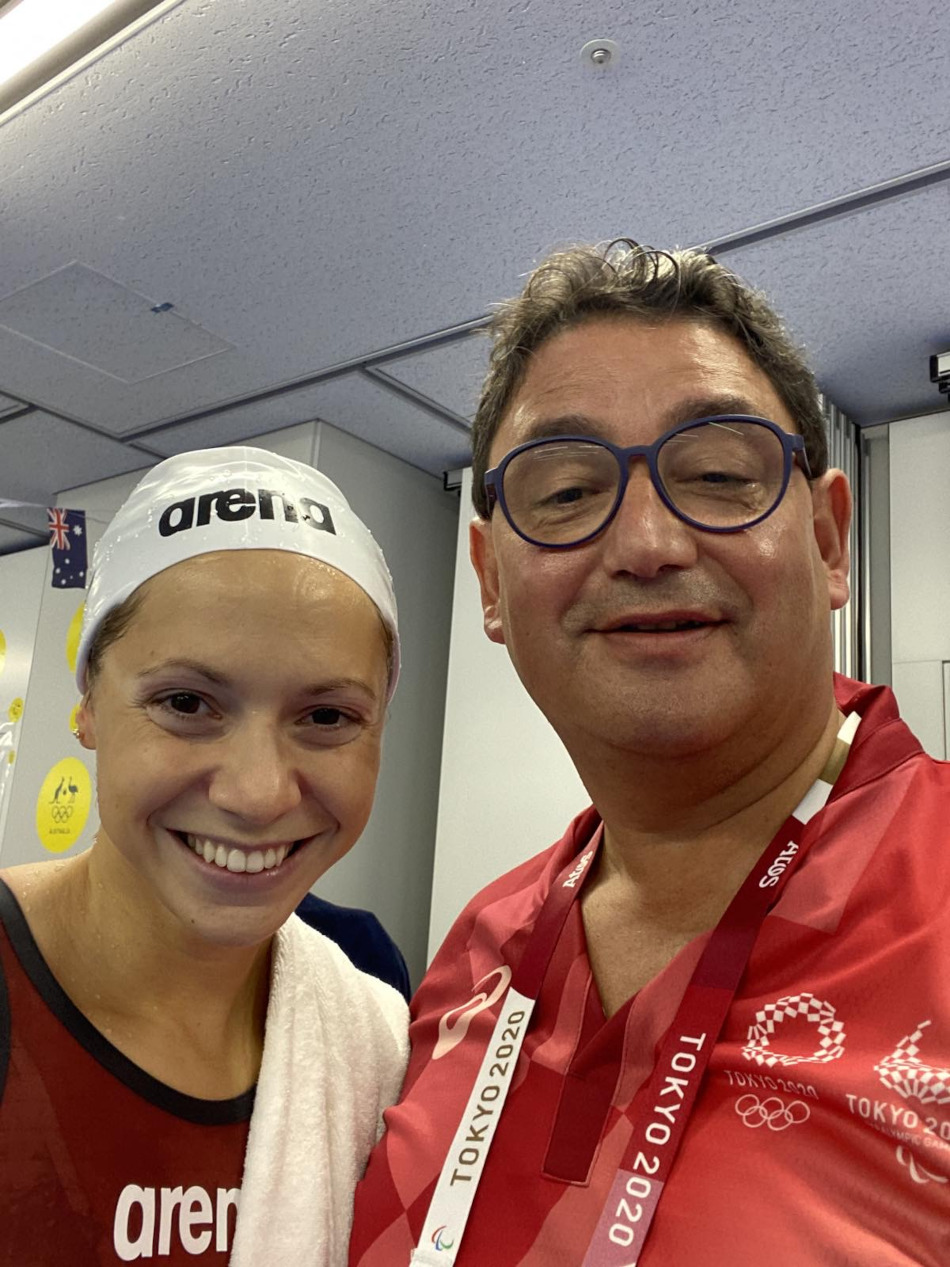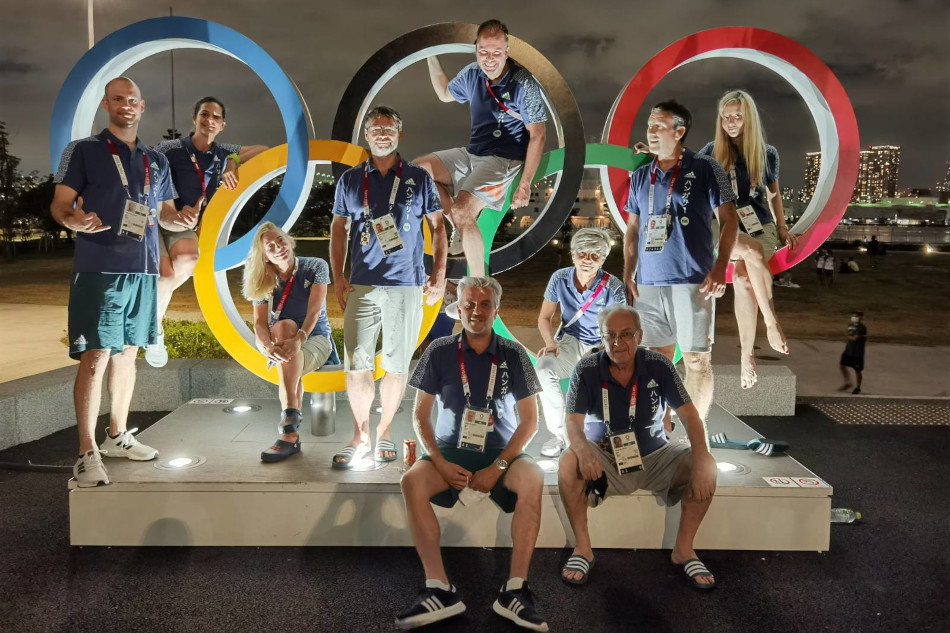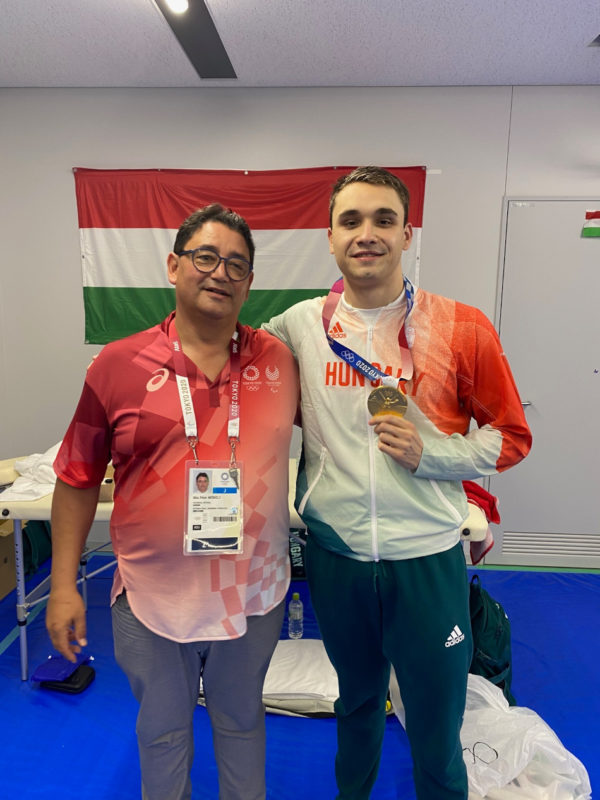 Since 2019 the university has been working in close cooperation with the Federation and provides medical support for the national swimming and water polo teams. As part of this, athletes of the national team undergo regular sports cardiology screenings at the Városmajor Heart and Vascular Center. The screening consists of a detailed medical history, extensive lab tests, resting ECG tests, cardiac ultrasound, body composition measurements and pulmonary stress test.
Since 2019 the university has been working in close cooperation with the Federation and provides medical support for the national swimming and water polo teams. As part of this, athletes of the national team undergo regular sports cardiology screenings at the Városmajor Heart and Vascular Center. The screening consists of a detailed medical history, extensive lab tests, resting ECG tests, cardiac ultrasound, body composition measurements and pulmonary stress test.
“Lab measurements are complemented by field measurements tailored to the preparation phases, meaning that the measured values of the athletes are assessed during training and competition. Detailed screenings are carried out annually, while post-COVID tests were performed twice a year. Then, we evaluate the results together with the coaches. ”, said Dr. Béla Merkely, Rector adding that screenings before the Olympic Games started in April 2021.
All athletes of the swimming team also underwent a detailed pulmonological examination at the university’s Department of Pulmonology. Dr. Veronika Müller, Director and her colleagues organized a unique respiratory function test at the European Swimming Championship in May, which was an important stage in the preparation for the Olympics.
“In the case of swimmers and water polo players we perform detailed lab tests to screen for and treat factors that may affect sport performance, such as iron deficiency. When evaluating the results, the normal values of elite athletes are considered as the benchmark.” said the Rector, highlighting this practice as an example of the modern application of sports medicine.
The respiratory function stress test complemented by lactate measurement helped assess the metabolic status of the athletes and allowed the follow-up of their performance. The lab measurements could then be compared with the field measurements.
Dr. Béla Merkely was present in Tokyo as a member of the International Swimming Federation (FINA) Sports Medicine Committee, where he could follow the swimming competitions and water polo games. The most important medical aspect of the Olympic Games was of course related to the COVID-19 epidemic.
“This year’s Olympics was unusual, as a lot of new regulations had to be introduced due to the coronavirus pandemic. Quarantine, daily COVID testing and constant mask wearing made life more difficult, however, we witnessed some amazing performances in the past two weeks. I was able to support the Hungarian team in exciting swimming competitions and water polo matches.” said the Rector about his experiences in Tokyo.
Balázs Hiller
Photo: Dr. Béla Merkely, Dr. Nóra Sydó, FINA
Translation: Ágnes Raubinek

